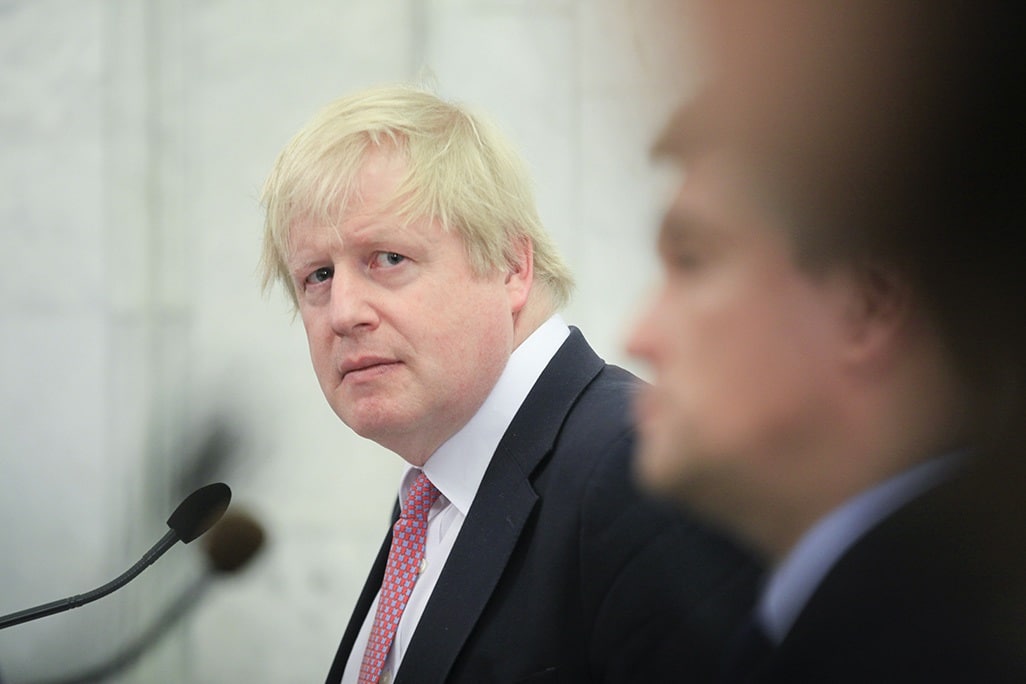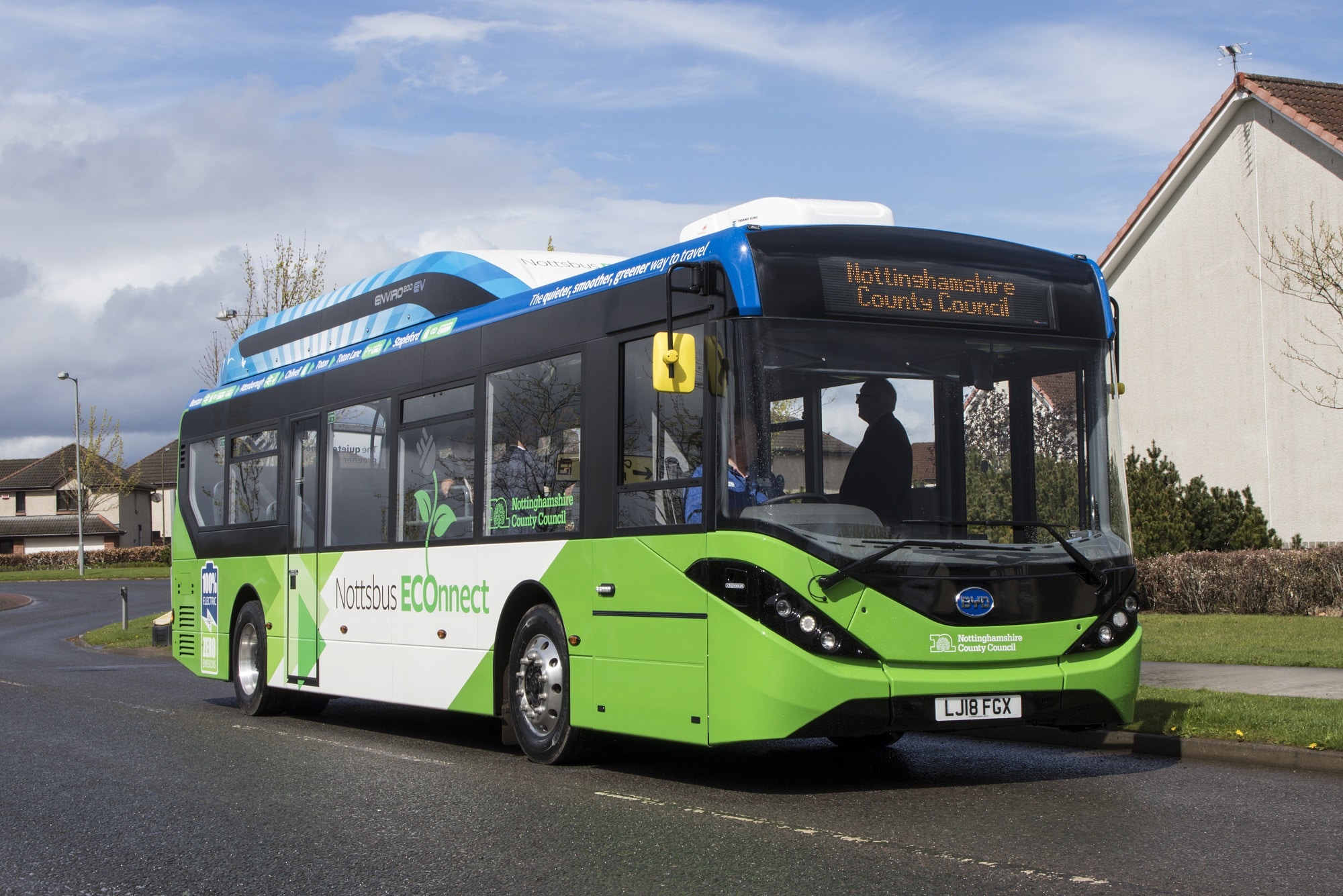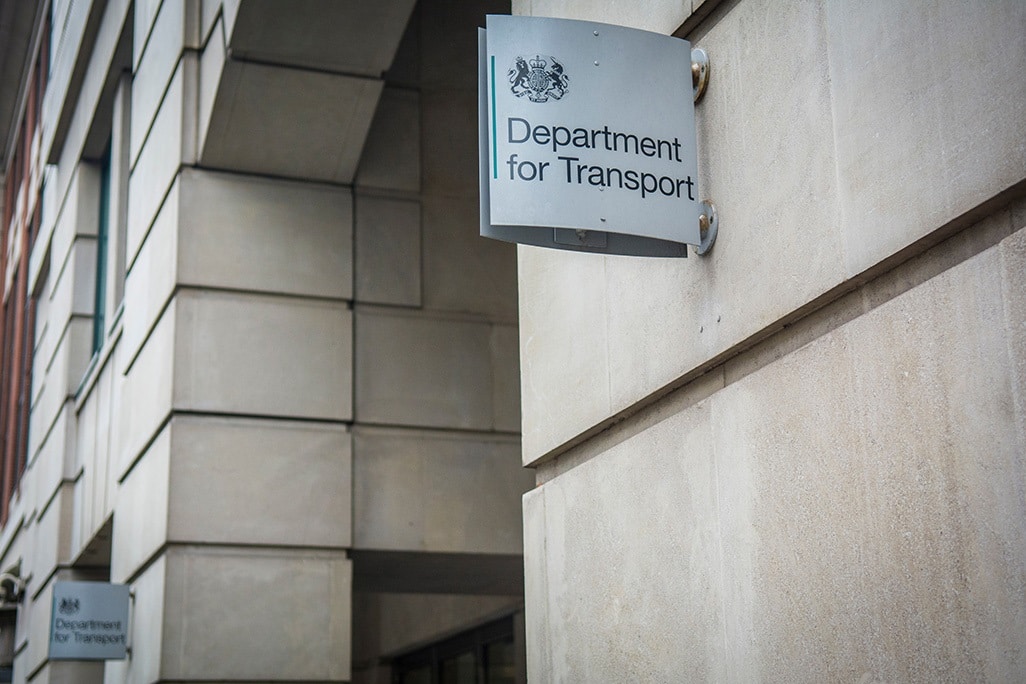Who would have thought less than a year ago that Boris Johnson’s promise of £3bn to “level up buses across England to London standards” would turn out to be hot air?
Some people, certainly. But although it was immediately clear that £3bn was inadequate to come good on all National Bus Strategy aims, and that delivery capabilities at some parties involved would need improvement, Boris’s Billions heralded cautious optimism. Far from everything proposed would gain funding. But complementary messaging elsewhere left a sense that buses in England would change for the better.
Enter 2022. Over half of that £3bn looks to have vanished, although whether it actually has or not is unclear. If £1.6bn is now AWOL, as a Department for Transport official said on 11 January, many Bus Service Improvement Plans (BSIPs) lie in tatters. But the Levelling Up the United Kingdom white paper, published three weeks later, presents the original £3bn figure in what may be an editorial oversight.
Regardless of funding, ministers, by the tacit admission of one of them, have no interest in reducing car usage. They will leave it, and by association, congestion, to define themselves. The government’s dismissal of calls for a long-term bus funding settlement model is equally contradictory of its aims for the mode stated elsewhere.
Perhaps the most disappointing element of this saga is that many of the countless hours of work in preparing Bus Service Improvement Plans may well have been wasted. Time that, now the government’s likely backtrack is known, would have been much better spent on other things.



























